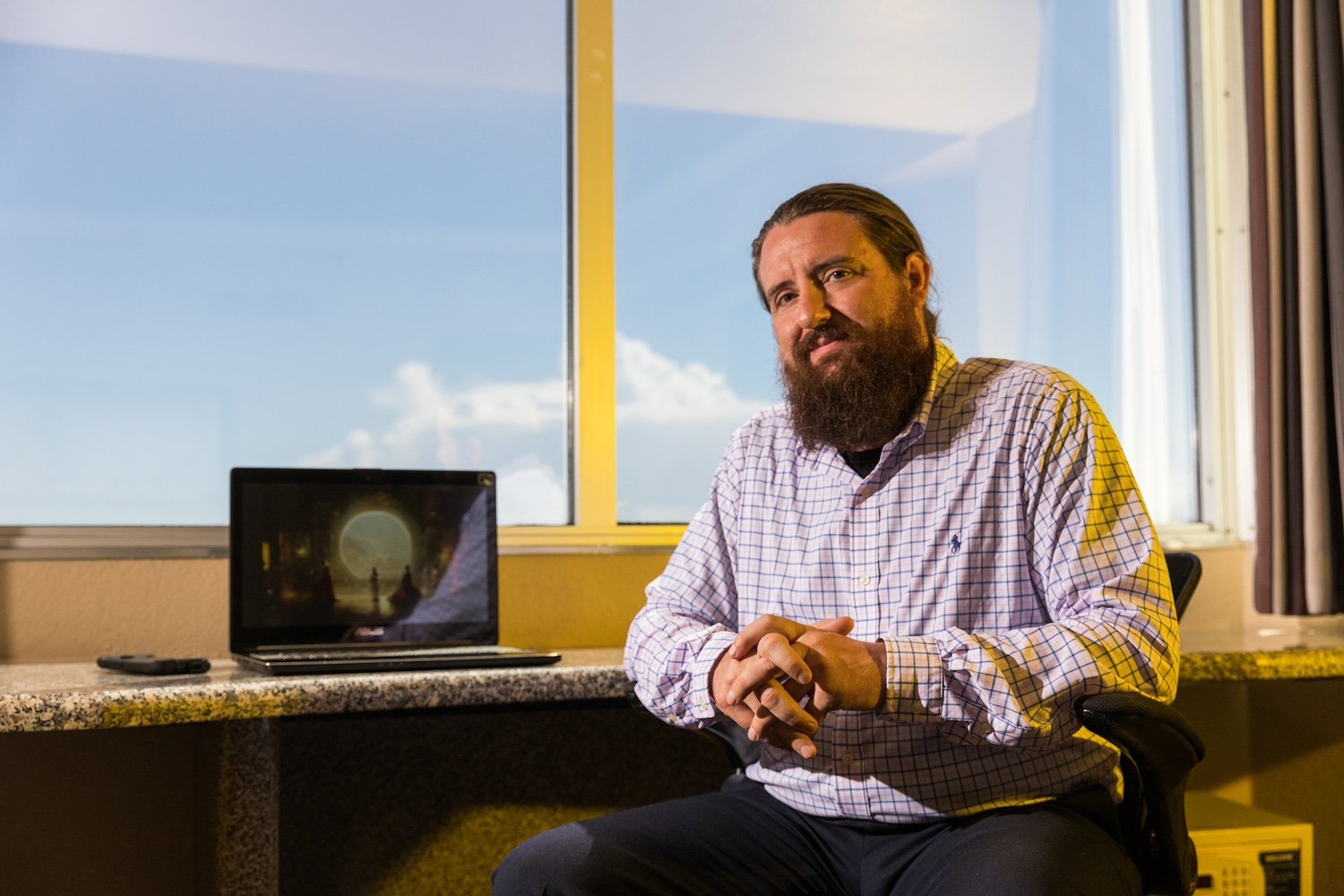- cross-posted to:
- [email protected]
- [email protected]
- cross-posted to:
- [email protected]
- [email protected]
cross-posted from: https://hexbear.net/post/3613920
Get fuuuuuuuuuuuuuucked
“This isn’t going to stop,” Allen told the New York Times. “Art is dead, dude. It’s over. A.I. won. Humans lost.”
“But I still want to get paid for it.”



Because it wasn’t created by a human being.
If I ask an artist to create a work, the artist owns authorship of that work, no matter how long I spent discussing the particulars of the work with them. Hours? Days? Months? Doesn’t matter. They may choose to share or reassign some or all of the rights that go with that, but initial authorship resides with them. Why should that change if that discussion is happening not with an artist, but with an AI?
The only change is that, not being a human being, an AI cannot hold copyright. Which means a work created by an AI is not copyrightable. The prompter owns the prompt, not the final result.
You’re assigning agency to the program, which seems wrong to me. I think of AI like an advanced Photoshop filter, not like a rudimentary person. It’s an artistic tool that artists can use to create art. It does not in and of itself create art any more than Photoshop creates graphics or a synthesizer creates music.
How do the actions of the prompter differ from the actions of someone who commissions an artist to create a work of art?
I don’t think commissioning a work is ever as hands-on as using a program to create a work.
I suspect the hangup here is that people assume that using these tools requires no creative effort. And to be fair, that can be true. I could go into Dall-E, spend three seconds typing “fantasy temple with sun rays”, and get something that might look passable for, like, a powerpoint presentation. In that case, I would not claim to have done any artistic work. Similarly, when I was a kid I used to scribble in paint programs, and they were already advanced enough that the result of a couple minutes of paint-bucketing with gradients might look similar to something that would have required serious work and artistic vision 20 years prior.
In both cases, these worst-case examples should not be taken as an indictment of the medium or the tools. In both cases, the tools are as good as the artist.
If I spend many hours experimenting with prompts, systematically manipulating it to create something that matches my vision, then the artistic work is in the imagination. MOST artistic work is in the imagination. That is the difference between an artist and craftsman. It’s also why photography is art, and not just “telling the camera to capture light”. AI is changing the craft, but it is not changing the art.
Similarly, if I write music in a MIDI app (or whatever the modern equivalent is; my knowledge of music production is frozen in the 90s), the computer will play it. I never touch an instrument, I never create any sound. The art is not the sound; it is the composition.
I think the real problem is economic, and has very little to do with art. Artists need to get paid, and we have a system that kinda-sorta allows that to happen (sometimes) within the confines of a system that absolutely does not value artists or art, and never has. That’s a real problem, but it is only tangentially related to art.
should a camera also own the copyright to the pictures it takes? (I seriously hate photographers)
Ah, but there is a fundamental difference there. A photographer takes a picture, they do not tell the camera to take a picture for them.
It is the difference between speech and action.